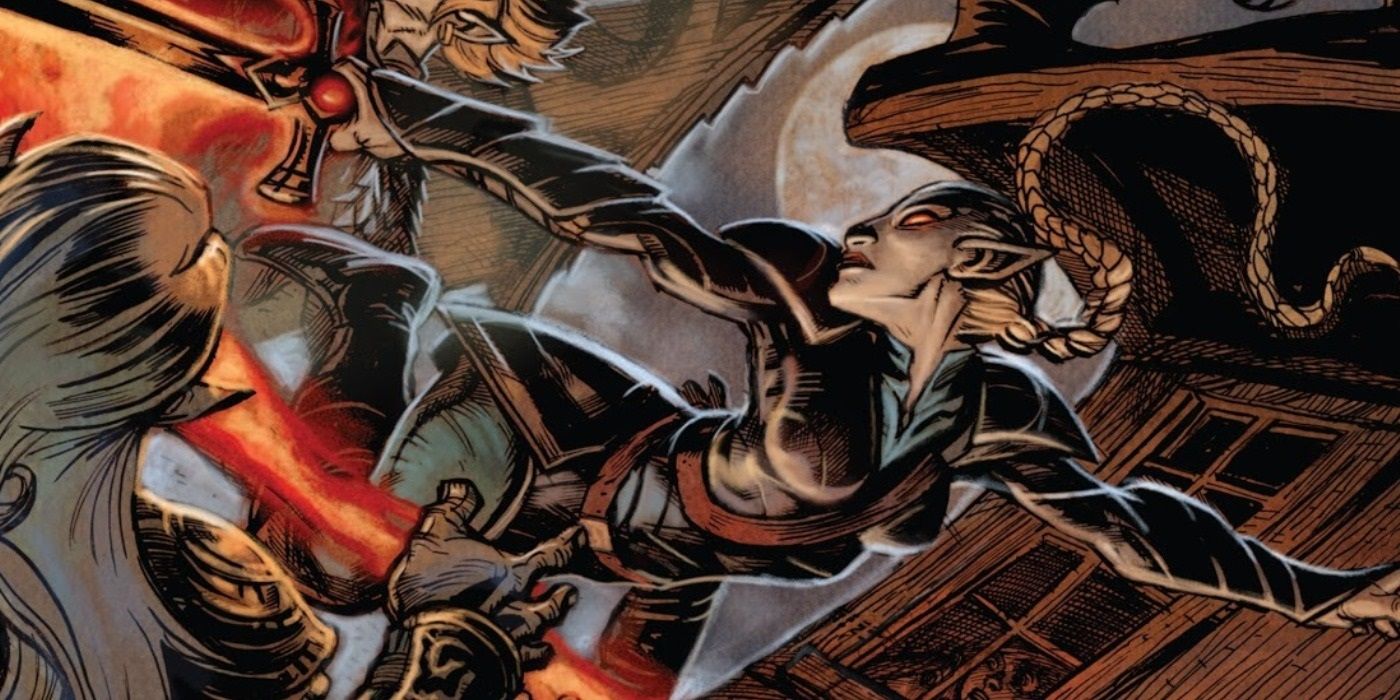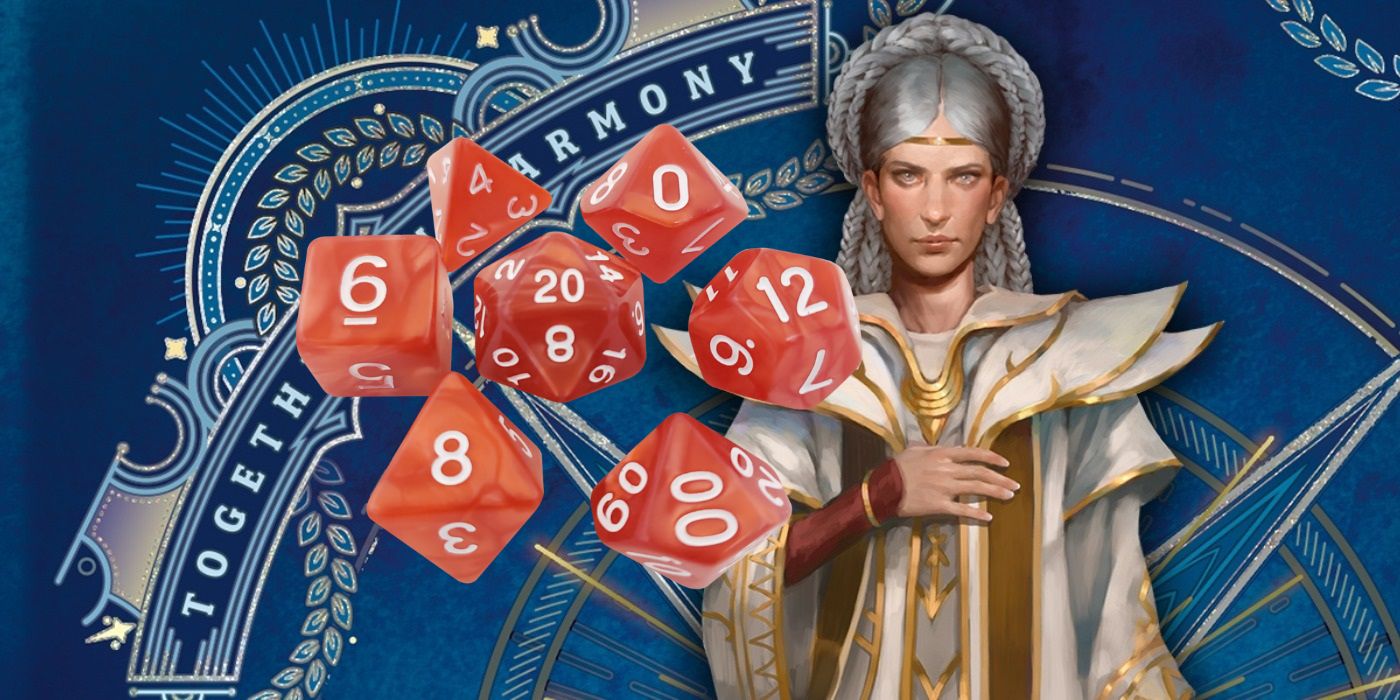Dungeons & Dragons is a game ruled by dice rolls, player choices, and a world interpreted through the lens of a single creator. The temptation to cheat in a tabletop RPG can be strong, but it takes away the very essence of what makes the game fun.
Cheating at D&D might seem like a ridiculous notion, but it happens in online gaming all of the time, especially on PC. Fall Guys was ruined by cheaters on PC, making the console version the definitive way to play the game. It's especially easy to cheat when playing remote online games, where the players don't have to look each other in the eye when engaging with each other. The cheating in Fall Guys can at least be explained by its competitive nature and some ridiculously hard achievements, but it happens in pretty much every type of game.
The other major title that sees a lot of cheating is Among Us. A game about social interaction and following clues to culprits can be undone by cheats or players acting in collusion. In the case of D&D, the cheating has to take on other forms, as the world of the game happens through the Dungeon Master. As such, everything needs to be run by them, and cheating involves deceiving a single human being.
The Most Common Methods Of Cheating in D&D
There are three common methods for cheating in D&D. The least common (but most effective) involves cheating with D&D dice. It's possible to buy weighted dice that are more likely to roll high numbers. It's also possible to modify dice by shaving certain corners, to raise the probability of rolling a high number. The average DM isn't going to suspect all but the most blatant dice cheats, so it's easy for it to slip under the radar. The most common type of cheating involves the player lying about their current hit points or spell slots. The DM has to keep track of a lot of different numbers during a pitched battle, and it's expected that the player manages the figures related to their character. This cheating can involve lying about their remaining hit points in order to ensure that their character survives a fatal blow, or lying about how many spells they have left so that they can perform more actions during combat.
It can be argued that the third method isn't cheating, but it involves using the rules in a way that the creators of the game never anticipated. It's possible to use rule exploits to cheat at D&D, by using items or spells to gain an extra advantage. Luckily, it's easy for the developers of the game to issue rules updates to D&D online, so any major rule loopholes can quickly be filled. These kinds of exploits can lead to all kinds of bad feelings between the DM and the player, and they're best avoided.
The reason cheating ruins D&D is because of its own chaotic nature. The thrill of the game comes from the uncertainty that happens with each dice roll, and the repercussions that happen from each of the player's actions. A game where the players keep winning, or never suffer any negative consequences for their decisions, isn't going to be very fun, especially in a group environment. It's like playing every game with a "god mode" cheat on. Once the players dilute the challenge, then the thrill of danger and exploration evaporates. Dungeons & Dragons is a game like no other, and part of that uniqueness comes from the fact that anything can happen. The more the players tip the scales in their favor, the less fun it becomes.


